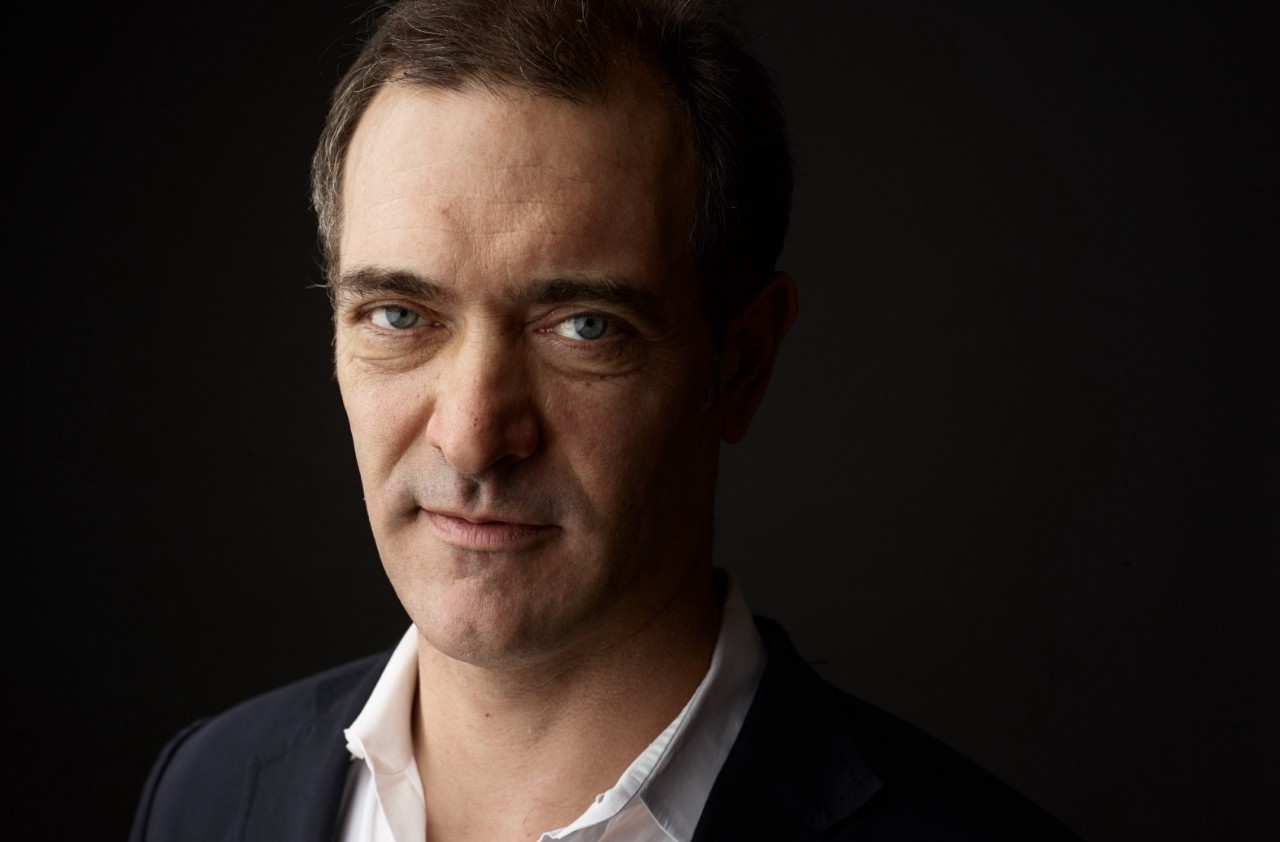San Francisco-based Orchid Labs is an open-source project committed to ending surveillance and censorship on the internet. Founded in 2017 by Dr. Steven Waterhouse, Jay Freeman, Brian J. Fox, Gustav Simonsson, and Stephen Bell, Orchid uses an overlay network built upon the existing internet, which is driven by a peer-to-peer tokenized bandwidth exchange, creating a more inclusive, liberated internet.
To do this, Orchid uses a new digital currency called OXT, a new VPN protocol for incentivized bandwidth proxying, and smart-contracts with algorithmic advertising and payment functions. Orchid’s users connect to bandwidth sellers using a provider directory, and they pay using probabilistic nanopayments so Ethereum transaction fees on packets are acceptably low.
To date, the company has raised a total of $47.8M in funding over 5 rounds, with notable investors including Andreessen Horowitz, Blockchain Capital, Polychain Capital и Sequoia.
Speaking to CryptoEvents, Dr. Steven Waterhouse has shared his impressions about the new trend of conferences being held online, how are they different from those organized in person, as well as his opinion on what our society has to do in order to resist the growing state surveillance.
Earlier this month Orchid Labs took part in the re-formatted Consensus 2020, held totally online. What was your experience of the event? Those virtual events, is this the inevitable part of the new reality we are entering into?
It’s certainly odd giving talks alone in front of my computer screen, but I’ve really come to enjoy our new normal of virtual events. Removing the travel and other time consuming elements of event speaking really makes it convenient to participate in these global conversations. I suspect many event organizers have realized these efficiencies as well so I think that virtual events are here to stay.
In terms of effectiveness, have you managed to deliver your message to the public, and how would it have been different had the event happened in physical form, as it was all those years before?
Being in person allows for a deeper connection amongst people, both before, during and after speeches. At in person events I connect with all types of people from the industry and have conversations, build relationships and meet new friends. This is much more difficult to accomplish virtually since most of the spontaneity is removed, but it’s still possible to some degree. As much as I miss the human interaction at in-person events, going virtual has probably allowed our message to be delivered to a wider audience since the barrier to attendance are much lower for virtual conferences. Based on the feedback we’ve received from recent events and audiences, it sounds like the message is still being delivered albeit in a different way.
After getting multi million funding from well-known Silicon Valley venture capitalists, where Orchid Labs is standing at the moment product-wise?
Things are moving along rapidly at Orchid. We will be releasing some exciting news very shortly that represents a huge step forward both for our product and for internet privacy in general.
No doubt that privacy oriented solutions are becoming more and more relevant in the light of the whole COVID-19 crisis. If you have to explain it to an average Joe, what advantages does your product give?
Our decentralized VPN allows users to “hop” between different IP addresses provided by various VPN providers as well as peer-to-peer networks. To the average Joe, I’d say that your internet traffic is likely far more public than you think and even if you are using a VPN service, your data might still be seen, tracked, used and sold. By using Orchid you can be sure that your internet activity is private since we are aggregating bandwidth from multiple sources and have no way of tracking what our users do. On top of that, access to our network is purchased using cryptocurrency called OXT, which provides an additional layer of privacy.
How exactly do you intend to bring it to the lazy masses? Is there any particular share of the market of the traditional VPN services you intend to bite off?
Our goal is to bring the highest level of privacy to the largest number of people. To do that we have to make it easy. The team at Orchid has been hard at work to do just that and our upcoming news will make it clear how exactly we intend to do that.
Do you believe there is an ultimate solution for this society at all to get rid of the state intrusion into people’s lives and help protect our privacy?
Privacy technology has to keep pace with and eventually outpace the ability for states to intrude on our right to privacy. Orchid certainly represents an important step in that direction. In order to drive the development of technologies that enhance privacy and outpace the capabilities of those practicing surveillance, society will have to create the demand necessary to fuel the market. It’s important that all of the world’s citizens continue to insist that privacy is a human right in order to do this.
Finally, how is Orchid Labs’ team itself going through the current developments? How severely did it all affect the company’s activities and its business model?
Thankfully the pandemic hasn’t impacted Orchid as much as many other companies or industries. Our team is largely remote already, so there hasn’t been too much of a cultural shift during these times. From a product perspective, the demand for privacy has never been greater. The pandemic has brought about a Patriot Act level opportunity for privacy encroachment from the world’s governments that technology will need to keep pace with.

